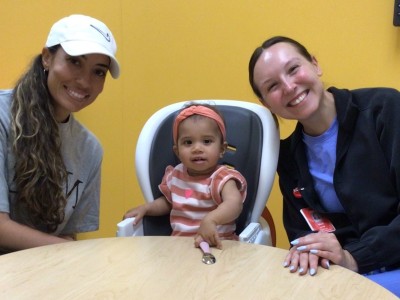
The Key Role of an Occupational Therapist
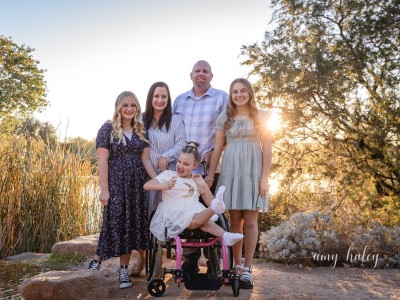
Travel Tips for Kids with Complex Medical Needs
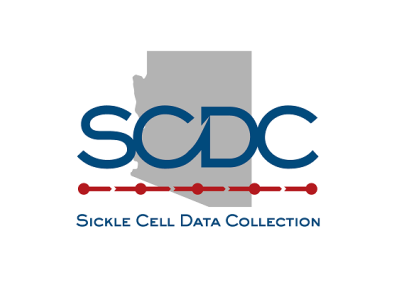
Personal Insights Into Sickle Cell Disease

Brain Injury Signs and Symptoms

Sports Nutrition: Giving Young Athletes an Edge
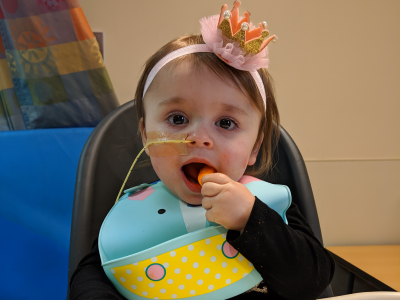
Feeding Tube Awareness Week and Feeding Disorders

February is Heart Month: Four Things to Know About Cardiac Arrest in Children

Your “To Do List” to Recharge Your Brain for a Healthier You

Pediatrician vs. Urgent Care vs. Emergency Department
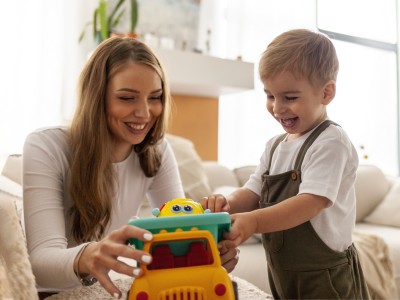
Toy and Battery Safety

What Should Parents Know About Pediatric Osteopathic Manipulation Treatment (OMT)?

Bodhi's Story












